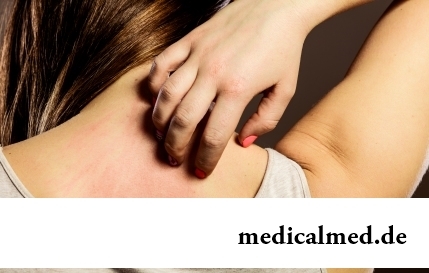





Vitamin E
Vitamin E – tocopherol, antioxidant, fat-soluble vitamin. Tocopherol was discovered in 1922 and in alphabetic classification occupied the fifth number. From here and the name - vitamin E.
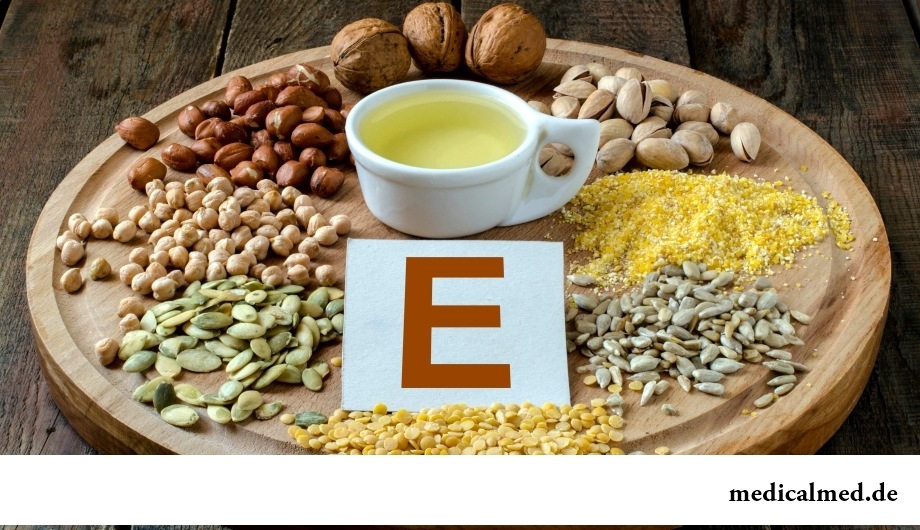
During the researches it was established that its shortage in a diet at laboratory rats led to the fact that during pregnancy at them the fruit perished, and at males there came the testicular atrophy.
The lack of vitamin E leads to disbolism, development of local air hunger owing to decline in the ability of blood to oxygen transfer. Deficit of tocopherol leads to destruction of erythrocytes owing to disturbance of stability of their membranes.
Tocopherol role for an organism
Tocopherol is necessary for an angenesis, improves blood circulation, promotes treatment of fibrous diseases of a breast and is useful at a premenstrual syndrome. He promotes normal coagulability of blood and accelerates healing, reduces probability of formation of scars from deep wounds, stabilizes blood pressure, prevents development of a cataract, removes spasms of legs, prevents anemia, supports health of muscles and nerves, improves athletic achievements, strengthens walls of capillaries.
Vitamin E is useful to hair. It is considered that practically in 80% of cases of a hair loss shortage of tocopherol is the reason. Tocopherol is responsible for delivery of oxygen to head skin, improving its blood supply, stimulating, feeding and humidifying skin cells. Thus, use of vitamin E for hair improves their state and growth. Their structure improves, there is gloss, and ringlets become stronger.
Tocopherol carries out an antioxidant role, protecting cells from damage, creating free radicals, slowing down oxidation of lipids. It is necessary for protection of other fat-soluble vitamins against destruction by their oxygen, promotes the best digestion of vitamin A, slows down aging of an organism and prevents development of senile pigmentation.
Vitamin E participates in formation of elastic and collagenic fibers of intercellular substance, prevents the increased coagulability of blood, exerts positive impact on peripheric circulation, gem and proteins, formation of gonadotrophins takes part in proliferation of cells, development of a placenta, biosynthesis.
In 1977 scientifically proved that tocopherol is capable to facilitate a current of a diabetes mellitus and Alzheimer's disease, improves immune function of an organism.
Lack of vitamin E of an organism
Deficit of tocopherol is possible at a hereditary abetalipoproteinemiya when vitamin transportation is broken.
First of all, shortage of tocopherol leads to damage of muscle fibers and neurons – the cells having the big membrane surface and a high tension of processes of oxidation. Neurons develop active forms of oxygen. Also cells of a spermatogenic epithelium, germinal fabrics, an epithelium of nephrons and quickly proliferating cells of hepatocytes suffer.
Hypovitaminosis of tocopherol causes a fabric hypoxia in bodies with the increased oxygen requirement.
Clinical manifestations of a lack of vitamin E:
- Decrease in a potentiality at men;
- Hypomyotonia and muscular weakness;
- Early toxicosis of pregnancy;
- Tendency to abortions;
- The hemolysis of erythrocytes caused by disturbance of stability of their membranes;
- The eye retina degeneration caused by secondary disturbance of exchange of vitamin A;
- Hyporeflexia, ataxy, gipoesteziya, dysarthtia owing to demyelination and a glinoz in a spinal cord;
- Necrobiotic changes in a kanaltsiyevy epithelium of kidneys, hepatocytes up to development of gepatonekroz and a nephrotic syndrome.
Excess of tocopherol in an organism
At treatment by tocopherol development of a hypervitaminosis owing to which develop the hypocoagulation caused by vitamin K absorption disturbance, thrombocytopenia, a hypoglycemia, the dispepsichesky phenomena, easing of twilight sight owing to antagonism with vitamin A, muscular spasms, weakening of a potentiality, a headache, weakness is possible.
Tocopherol is rather non-toxical and does not cause any serious side effects. At high dosages the passing diarrhea, a meteorism, nausea can develop. Increase in blood pressure is in certain cases noted.
Reception of tocopherol in extremely high dosages (more than 10 thousand ME a day) during pregnancy can cause inborn defects in a fruit.
Content of vitamin E in products
Amount of vitamin E in products the following (mg / 100):
- Split peas – 9,1;
- Oil soy – 114;
- Olive oil – 13;
- Corn oil – 93;
- Oil cotton – 99;
- Sunflower oil – 56;
- Corn and wheaten sprouts – 25;
- Corn grits – 2,7;
- Mackerel – 1,6;
- Grits – 3,4;
- Corn – 5,5;
- Squids – 2,2;
- Pike perch – 1,8;
- Haricot – 3,84;
- Soy – 17,3;
- Pearl barley – 3,7;
- Shrimps – 2,27;
- Unground buckwheat – 6,65;
- Eggs – 2
Also products contain vitamin E: pears, apples, citrus, liver, almonds, peanut, sunflower seeds, some vegetables.

Daily need for tocopherol
The daily need for tocopherol makes 8-10 mg for adults, and for children of the first year of life – 3-5 mg. In dietary food norm consumption of tocopherol in a dosage of 15 mg a day is considered.
The drugs containing vitamin E
Treat pharmacological drugs as a part of which there is a tocopherol: Aevitum, Tocopherol acetate, Vitrum Vitamin E, Vitamin E Zentiva.
Also tocopherol contains in the following dietary supplements: Kudesang forte, Vetoron-E.
Vitamin E interaction
Edible polyunsaturated oils and fats increase the need for tocopherol. Sometimes prevention of deficit requires acceptance from 5 to 20 mg a day. The approximate ratio of the use of tocopherol for prevention of its deficit at increase in reception of polyunsaturated oils and fats makes 0,4 mg of tocopherol on 1 g of fat.
The lack of vitamin E can lead to decrease in concentration of magnesium in fabrics.
Tocopherol and selenium are so closely connected with each other that reception of one for completion deficit demands proportional reception of another.
If together with tocopherol to accept trivalent iron, then tocopherol will be oxidized, and it will get into intestines in an inactive form. The bivalent form of iron of oxidation does not cause.
At influence of UV rays tocopherol loses the medical influence. Rancid fats destroy vitamin E.
The lack of zinc can strengthen symptoms of shortage of tocopherol.
The 74-year-old resident of Australia James Harrison became blood donor about 1000 times. It has a rare blood group which antibodies help to survive the newborn with a severe form of anemia. Thus, the Australian saved about two million children.

A lot of things depend on a condition of a backbone in a human body, a backbone - not only a support for a body, it also contain...
Section: Articles about health
All diseases from nerves – in this joke a big element of truth, are said by doctors. Constant stresses lead to decrease in protective forces of an organism, and it becomes vulnerable for a set of diseases. It is wrong to think that the stress is a problem of the present. Life of people and hundred...
Section: Articles about health
Diapers for adults – individual one-time means of hygiene which in some situations is irreplaceable and from such situations any person is not insured. Though nobody perceives need of their use with enthusiasm, however without such means already problematic situation could be heavier....
Section: Articles about health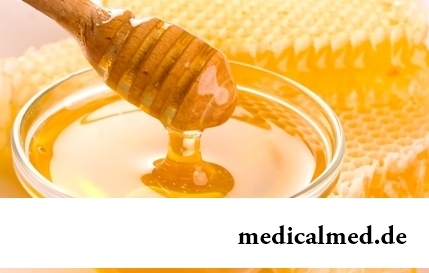
About 20% of the population of our planet have a hypertension (permanent increase in arterial pressure). This disease negatively narrations...
Section: Articles about health
Run - one of the most available and effective ways to revitalize the organism. Knowing about its extraordinary advantage, each of us at least once tried to make jogs, but only the few made these occupations regular. In spite of the fact that in jogging (easy an ozdor...
Section: Articles about health
About 10-15 years ago existence of the computer in the apartment of the Russian was considered as a rarity and office rooms were only at the first stage of equipment by these useful devices. Today practically in each house there is a computer (and often not one), and a regular user is already every our second compatriot. Convenience and efficiency of personal computers are undoubted, but the people working with them daily have to know also about health hazard which they can predstavlit...
Section: Articles about health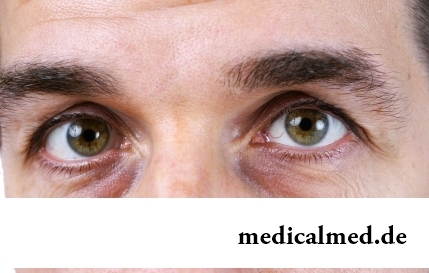
Zone hypostases under eyes - very widespread problem giving to people is a lot of inconvenience. Hypodermic fabric in these parts having...
Section: Articles about health
Long time antibiotics were considered as a panacea from all diseases and were appointed even at insignificant symptoms of an infection. Even now not everyone knows in what force of antibiotics how and when they should be accepted. Let's discredit 7 popular myths about such drugs...
Section: Articles about health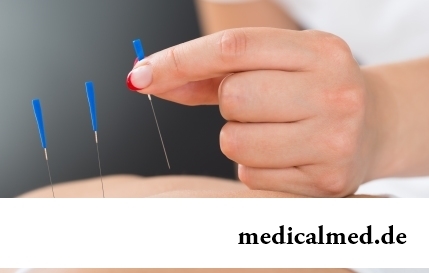
The technique of acupuncture (acupuncture) is used in the medical purposes more than three and a half millennia. It is eurysynusic and recognized as official medicine in the majority of the developed countries of the world. Influence by fine needles on so-called points of acupuncture contributes to normalization of a metabolism and hormonal background, activates protective forces of an organism, has anesthetic and antiinflammatory effect, stabilizes a condition of mentality....
Section: Articles about health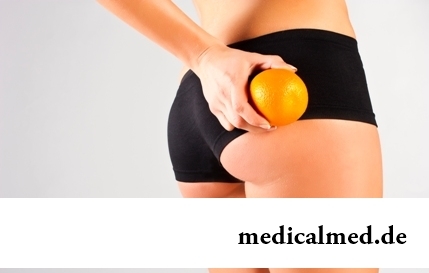
Cellulitis - very widespread cosmetic shortcoming which arises approximately at 80% of women sooner or later. Emergence ег...
Section: Articles about health
From sexual contacts each person can test insufficiently strongly expressed sexual desire or lack of satisfaction from time to time. However when it happens regularly, it is an occasion to think about health. Most of people does not hurry an obrashcha...
Section: Articles about health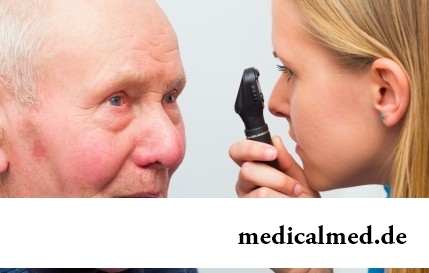
According to data of World Health Organization, the cataract is diagnosed almost for 7% of the population of Earth. The statistics of incidence is considered not full as at an initial stage the illness, as a rule, does not cause to the person of special inconveniences, and many diseased sees doctors not at once. The cataract is not only one of the most widespread ophthalmologic illnesses, but also the reason of a half of cases of loss of sight....
Section: Articles about health
The climax, or menopause is the normal process of the termination of genital function of the woman which is followed serious hormonal...
Section: Articles about health
What they, women? Beautiful, gentle, passionate and at the same time windy, gusty, and nervous. And what is stranger: have all these qualities of the woman at the same time. But here only the mood their time sharply changes on completely opposite: in the morning...
Section: Articles about health
All like to sing. Small children with pleasure are engaged in a vocal, not especially thinking of hit in a melody. Adults most often hesitate, being afraid to show lack of talents in this area, and it is vain: singing is very useful for health....
Section: Articles about health
All got used long ago that, having addressed the plastic surgeon, it is possible to modify natural parameters of a figure or to reduce...
Section: Articles about health
Popular joke that there are no healthy people, and is nedoobsledovanny, most of us considers an honest truth, continually it is necessary to hear that all of us are sick hardly from a school bench. It is hard to say, whether so it actually because...
Section: Articles about health
It is difficult to revaluate importance of kidneys for an organism. These bodies not only perform work on purification of blood of decomposition products and removal of excess liquid. They are responsible also for production of some hormones necessary for maintenance of a normality of a bone tissue, and also for a producing red blood cells – erythrocytes....
Section: Articles about health
Reactive pancreatitis - the disease which is characterized by inflammatory process in a pancreas which arises more often everything...
Section: Articles about health
Epilepsy is one of widespread neurologic diseases. Parents, whose children suffer from this illness, should face rumors and delusions, many of which remained since the Middle Ages....
Section: Articles about health
Tuberculosis – a serious infectious disease which development is caused by mycobacteria (Koch's bacilli). The illness is known from an extreme antiquity. Long time fight against it was considered as ineffective. Quite often the disease affected the whole families, and mortality from it was very high. It became the reason of emergence of a set of delusions concerning transmissibility and a possibility of treatment of tuberculosis....
Section: Articles about health
Among a set of the perfumery and cosmetic goods which are released today the special group is made by the means containing anti-bacterial...
Section: Articles about health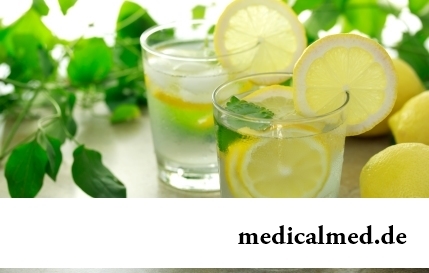
Water with a lemon - idle time in preparation drink which supporters of a healthy lifestyle already managed to appreciate. Used in a warm look and on an empty stomach, it is one of the most useful prophylactics allowing to prevent tens з...
Section: Articles about health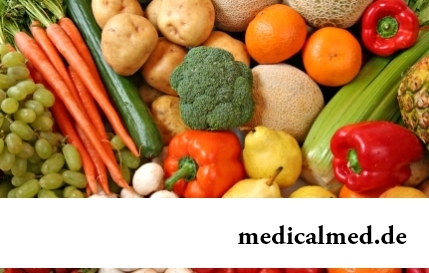
Color of plants is caused by presence at them of certain chemical compounds. Let's talk about what is meant by various colors of vegetables and fruit and what properties they give them....
Section: Articles about health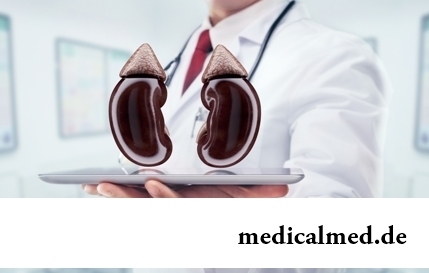
Kidneys perform the most important function of clarification of blood from those products of metabolic processes which cannot be used орг...
Section: Articles about health
The Genetically Modified Organisms (GMO) are plants or animals (as a rule, agricultural) to whose genotype purposeful changes were made. Opposition of supporters and opponents of inclusion of such organisms in foodstuff всег...
Section: Articles about health
Venereal diseases in medicine are called the infections which are transmitted preferential sexually, now they and are called - infections, sexually transmitted, or STD. Among them is also life-threatening. In spite of the fact that the majority of diseases such will respond to treatment, they are widespread everywhere, and there is no tendency to decrease in incidence. Besides, some of them promptly look younger: statistically, a third of young people at the age of 16-22 years of a str...
Section: Articles about health
